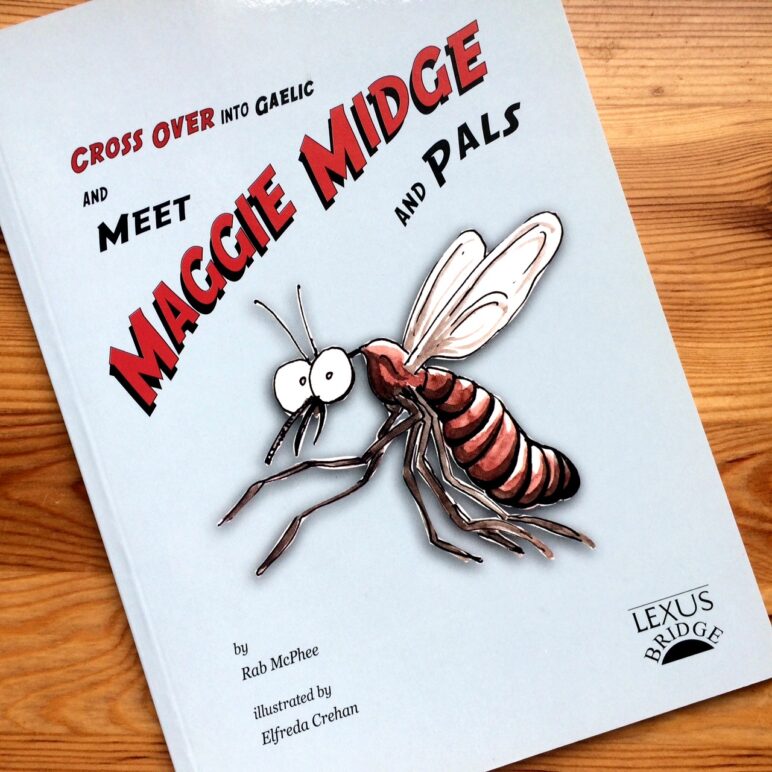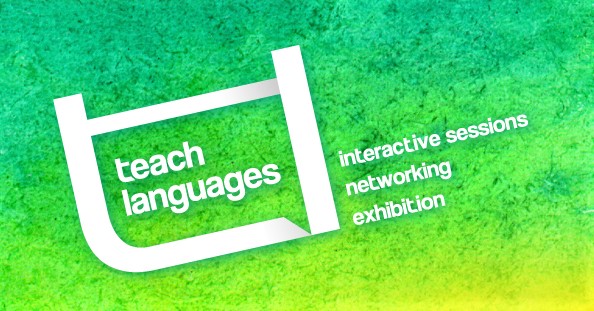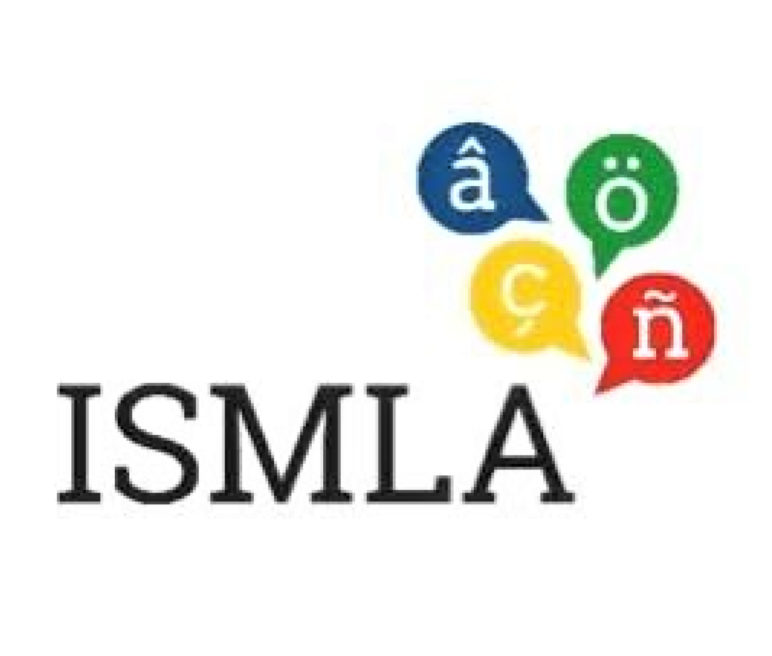New Imprint from Lexus Books – VOICES

VOICES brings you lives of remarkable people. What lies at the heart is not the glitz of celebrity but the vastness of human experience. Made into words.
The first title under our new imprint – To This Northern Shore.
From a small Scottish seaside town a man looks back on his life, from a boyhood in Algiers, through provincial France and Paris to Brighton, London and Oxford.
It is a story about embracing life fully and also reflecting on it, told with verve and lucidity, in clear and often elegiac language that will entertain, move and inspire.
Here are some reactions from readers:
An excellent storyteller.
The author’s sense of humour shines through.
The piece called “What’s in a name?” made me
laugh out loud on the train.
“Imagination has seized power” caught me up in the excitement of Paris 68. This is history made
compellingly readable.
The way in which the various themes, characters, locations and concerns continue to weave their
way through different sections is a delight.

 We’re really happy to be donating a box of our Round the Glasgow Underground colouring books to the Urban Fox Programme!
We’re really happy to be donating a box of our Round the Glasgow Underground colouring books to the Urban Fox Programme!



